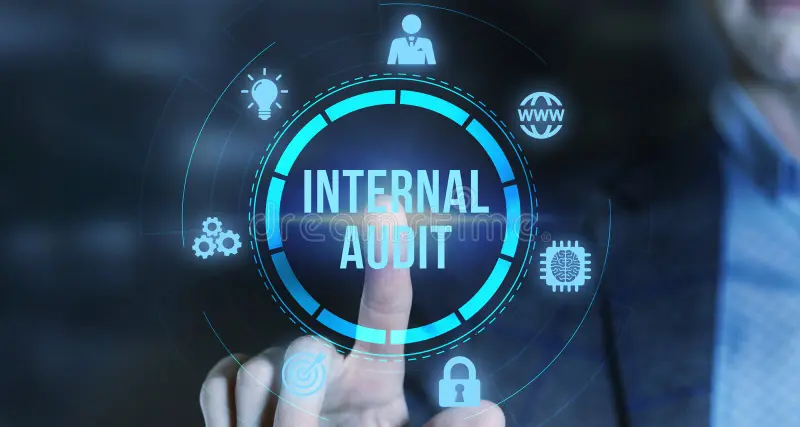Apply RoHS Compliance
Achieve RoHS Compliance with True Quality Certification
Ensure your products meet the European Union's RoHS directive to reduce hazardous substances in electronic and electrical equipment.
Achieve RoHS Compliance with True Quality Certification
Ensure your products meet the European Union's RoHS directive to reduce hazardous substances in electronic and electrical equipment.
RoHS (Restriction of Hazardous Substances) compliance refers to meeting the European Union’s directive (2011/65/EU) that limits the use of specific hazardous materials in electrical and electronic equipment. RoHS restricts substances like lead, mercury, cadmium, and certain flame retardants, aiming to reduce environmental impact and improve recyclability. Compliance ensures that manufacturers minimize hazardous substances in their products, promoting safety for both consumers and the environment. It is essential for businesses selling electronics in the EU market to adhere to RoHS standards.


We begin by understanding your organization's needs and requirements. This helps us recommend the right certification process for you.

We review your existing processes, policies, and documents to ensure they meet the standards for ISO certification.

We provide guidance and support to implement the necessary changes and improvements to meet the ISO standards.

We perform an internal audit to assess your organization's compliance with the ISO standard and ensure everything is in place.

A third-party certification body conducts the final audit to ensure your organization meets all the requirements for ISO certification.

Once you pass the audit, the certification body issues the ISO certificate, confirming your organization’s compliance with the ISO standards.
Essential documents for ISO Certification
Get Connected With Our Social Networks!